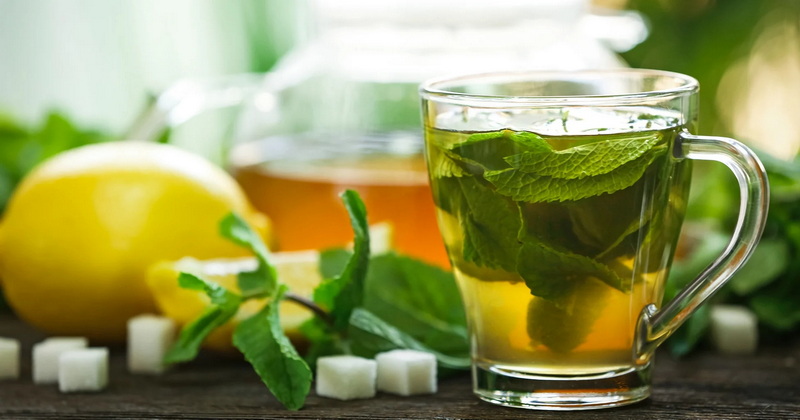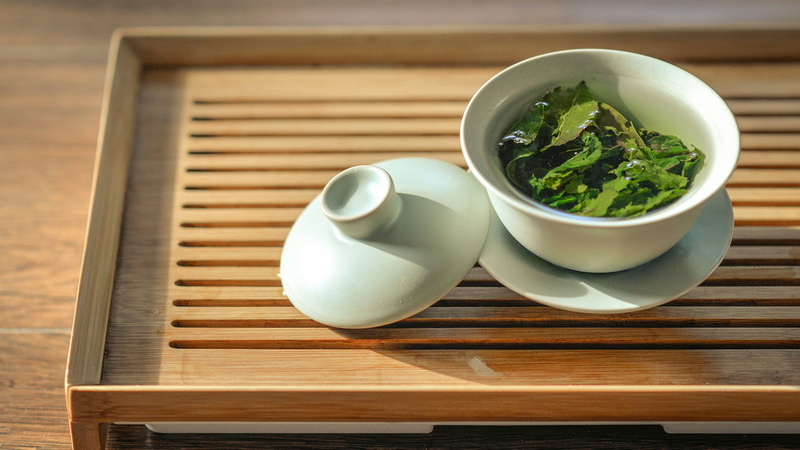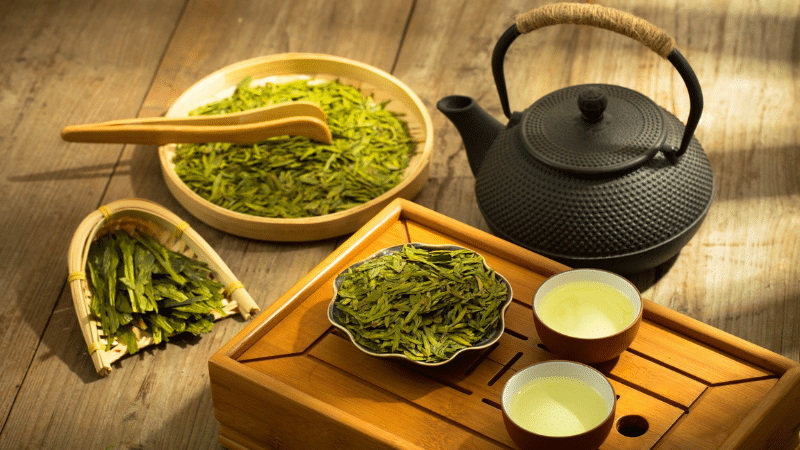Content Menu
● What is Green Tea Extract?
● Decaffeination Process of Green Tea Extract
● Potential Liver Issues
● Research on Decaffeinated Green Tea Extract and Liver Health
● Protective Effects of Green Tea Extract
● Factors Influencing Liver Toxicity
● Precautions and Recommendations
● Conclusion
● Frequently Asked Questions (FAQ)
>> 1. Is decaffeinated green tea extract safe for everyone?
>> 2. What are the signs of liver damage from green tea extract?
>> 3. How much decaffeinated green tea extract is too much?
>> 4. Can decaffeinated green tea extract help with weight loss?
>> 5. Are there any benefits to taking decaffeinated green tea extract?
● Citations:
Green tea extract (GTE) has become a popular supplement due to its purported health benefits, including weight management and antioxidant properties[1][4]. However, concerns have been raised regarding its potential adverse effects, particularly on liver health[3][6]. This article delves into the potential hepatotoxic effects of decaffeinated green tea extract (DGTE), examining scientific studies and research to provide a comprehensive overview.

What is Green Tea Extract?
Green tea extract is derived from the Camellia sinensis plant, the same plant used to make green tea[4]. The extract is concentrated with polyphenols, particularly catechins, with epigallocatechin-3-gallate (EGCG) being the most abundant and biologically active[4]. These compounds are known for their antioxidant and anti-inflammatory properties[4]. Green tea extract is available in various forms, including capsules, powders, and liquids, and is often used in dietary supplements and functional foods[3].
Decaffeination Process of Green Tea Extract
To reduce the caffeine content, green tea extract undergoes a decaffeination process. Several methods are employed, each with its unique advantages and disadvantages[2][5].
Common Decaffeination Methods:
-Ethyl Acetate Method: This method uses ethyl acetate, a naturally occurring ester found in fruits, as a solvent to extract caffeine from tea leaves[2]. While it's sometimes referred to as a "natural" method, it may alter the flavor and reduce the health-beneficial compounds in tea[2].
-Methylene Chloride Method: Methylene chloride is used as a solvent to bond with caffeine molecules[2]. Although effective at caffeine removal, it has been criticized due to health concerns[2][5]. Some countries prohibit importing teas processed this way[5].
-Swiss Water Process: This chemical-free method relies on osmosis and solubility principles[2][9]. Tea leaves are soaked in hot water, dissolving the caffeine along with other soluble compounds. The liquid is then passed through activated charcoal filters, which capture caffeine molecules while leaving other compounds behind[2][9].
-Carbon Dioxide (CO2) Process: This method uses carbon dioxide under high pressure to extract caffeine, retaining more flavor and health-beneficial compounds compared to other methods[2][5].
-Water Process: Similar to the Swiss Water Process but without activated charcoal[2]. Tea leaves are soaked in water to dissolve caffeine, which is then separated from the tea leaves[2].
At Yu, the CO2 and Water Process methods are used for their Decaf Sencha and Decaf Matcha to ensure the highest retention of health benefits while effectively reducing caffeine content[2].
Potential Liver Issues
While green tea extract is generally considered safe, several reports have linked it to hepatotoxicity, or liver injury[3][6]. The cases vary in severity, ranging from elevated liver enzymes to acute liver failure[3].
-A summary safety review by Health Canada assessed the potential risk of liver injury (hepatotoxicity) from green tea extract-containing natural health products[6].
-One case study reported acute impending liver failure in an adolescent patient who had been taking a weight-loss supplement containing green tea extract[3]. Recovery took over two months[3].
-A study in PLOS One indicated that while green tea extract could prevent non-alcoholic fatty liver disease in mice, awareness of its potential hepatotoxicity is important[4].
Research on Decaffeinated Green Tea Extract and Liver Health
To address concerns about liver toxicity, research has focused on the effects of decaffeinated green tea extract (DGTE)[1][4].
-A study published in PMC investigated the hepatotoxic potential and effects on the gut microbiome of DGTE in lean mice[1]. The study found that DGTE, administered at doses comparable to those consumed by humans, did not elicit significant liver alterations[1].
-The same study noted that DGTE resulted in significant modulation of gut microflora, with increases in Akkermansia sp., which is associated with leanness[1].
-Research indicates that DGTE may restore a normal hepatic metabolic profile and attenuate high-fat diet-induced effects, thereby preventing non-alcoholic fatty liver disease in mice[4].

Protective Effects of Green Tea Extract
Despite the potential risks, some studies suggest that green tea and its extracts may have protective effects on the liver[4][7].
-Green tea treatment improved blood markers of liver injury and dyslipidemia in some studies[7].
-A study found that green tea decreased body weight gain, fat mass, and improved dyslipidemia by lowering blood levels of cholesterol and triglycerides in mice fed a high-fat diet[7].
-Epigallocatechin-3-gallate (EGCG), the most abundant catechin in green tea, has shown potential protective effects against liver damage[4].
Factors Influencing Liver Toxicity
Several factors may contribute to the potential liver toxicity associated with green tea extract[3].
1. Dosage: High doses of green tea extract may increase the risk of liver damage[1].
2. Formulation: Different formulations (hydroalcoholic vs. aqueous vs. powder) and concentrations of green tea extract can vary in their effects[3].
3. Individual Sensitivity: Some individuals may be more susceptible to liver injury from green tea extract due to genetic factors or pre-existing liver conditions[3].
4. Contaminants and Additives: Some supplements may contain contaminants or other ingredients that contribute to liver toxicity[3].
Precautions and Recommendations
Given the mixed evidence and potential risks, it's essential to take precautions when considering green tea extract supplements[3][6].
-Consult a Healthcare Professional: Before starting any new supplement, especially if you have pre-existing health conditions or are taking medications, consult with a healthcare provider[3].
-Choose Reputable Brands: Select supplements from reputable brands that conduct third-party testing to ensure purity and potency[3].
-Follow Dosage Guidelines: Adhere to the recommended dosage on the product label[1].
-Monitor for Symptoms: Be vigilant for any signs of liver issues, such as jaundice, abdominal pain, dark urine, or fatigue, and discontinue use if these symptoms occur[3].
Conclusion
Decaffeinated green tea extract presents a mixed profile regarding liver health. While some studies suggest it does not elicit significant liver alterations and may even offer protective effects, others highlight the potential for hepatotoxicity[1][3][4]. Factors such as dosage, formulation, individual sensitivity, and product quality play critical roles in determining its safety[3].
To make an informed decision about using DGTE, consulting with a healthcare professional is essential. They can provide personalized guidance based on your health status and help you weigh the potential risks and benefits. Cautious use, adherence to recommended dosages, and vigilance for any adverse symptoms are key to mitigating potential liver-related issues.

Frequently Asked Questions (FAQ)
1. Is decaffeinated green tea extract safe for everyone?
Decaffeinated green tea extract is not safe for everyone. Individuals with pre-existing liver conditions, those taking certain medications, and those with genetic predispositions may be at higher risk for liver injury[3]. Consulting with a healthcare professional before use is crucial.
2. What are the signs of liver damage from green tea extract?
Signs of liver damage from green tea extract can include jaundice (yellowing of the skin and eyes), abdominal pain, dark urine, fatigue, nausea, vomiting, and elevated liver enzyme levels[3]. If you experience any of these symptoms, discontinue use and seek medical attention immediately.
3. How much decaffeinated green tea extract is too much?
The safe dosage of decaffeinated green tea extract varies depending on the individual and the specific product[1]. It is essential to follow the recommended dosage on the product label and consult with a healthcare provider to determine an appropriate amount for your specific needs. High doses may increase the risk of liver damage.
4. Can decaffeinated green tea extract help with weight loss?
Some studies suggest that decaffeinated green tea extract may aid in weight loss by modulating gut microflora and attenuating high-fat diet-induced effects[1][4]. However, it is not a magic bullet and should be used in conjunction with a balanced diet and regular exercise.
5. Are there any benefits to taking decaffeinated green tea extract?
Yes, there are potential benefits to taking decaffeinated green tea extract[4]. It contains polyphenols and catechins, which have antioxidant and anti-inflammatory properties. Some studies suggest it may help prevent non-alcoholic fatty liver disease, improve blood markers of liver injury, and modulate gut microflora[1][7].
Citations:
[1] https://pmc.ncbi.nlm.nih.gov/articles/PMC6521095/
[2] https://www.yutea.com/pages/decaf-green-tea
[3] https://pmc.ncbi.nlm.nih.gov/articles/PMC3746392/
[4] https://journals.plos.org/plosone/article?id=10.1371%2Fjournal.pone.0141227
[5] https://mizubatea.com/blogs/news-1/the-myth-of-decaf-japanese-green-tea-the-decaffeination-process
[6] https://www.canada.ca/en/health-canada/services/drugs-health-products/medeffect-canada/safety-reviews/green-tea-extract-containing-natural-health-products-assessing-potential-risk-liver-injury.html
[7] https://etda.libraries.psu.edu/catalog/16568wyk100
[8] https://patents.google.com/patent/JP6504784B2/en
[9] https://www.britannica.com/topic/decaffeination






























